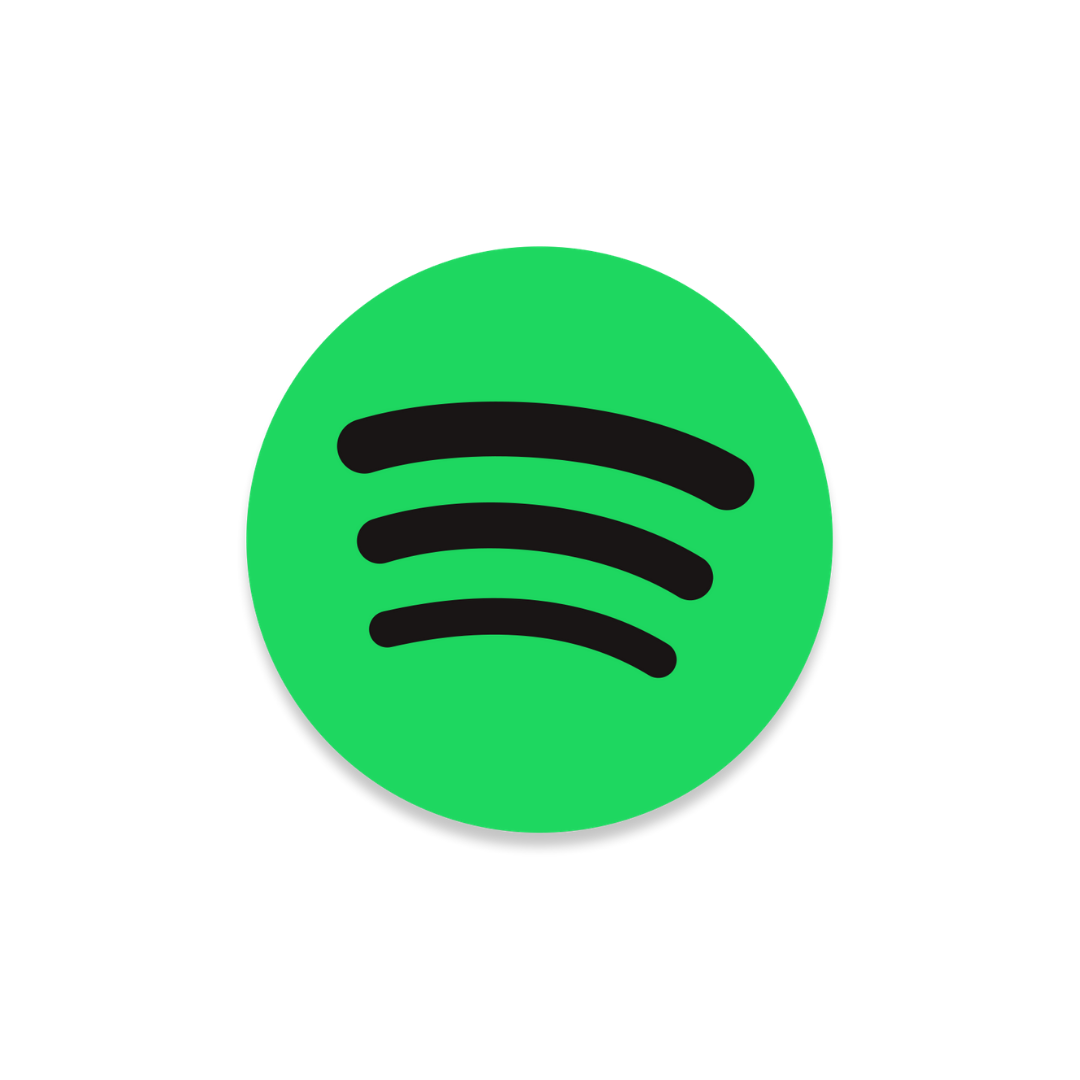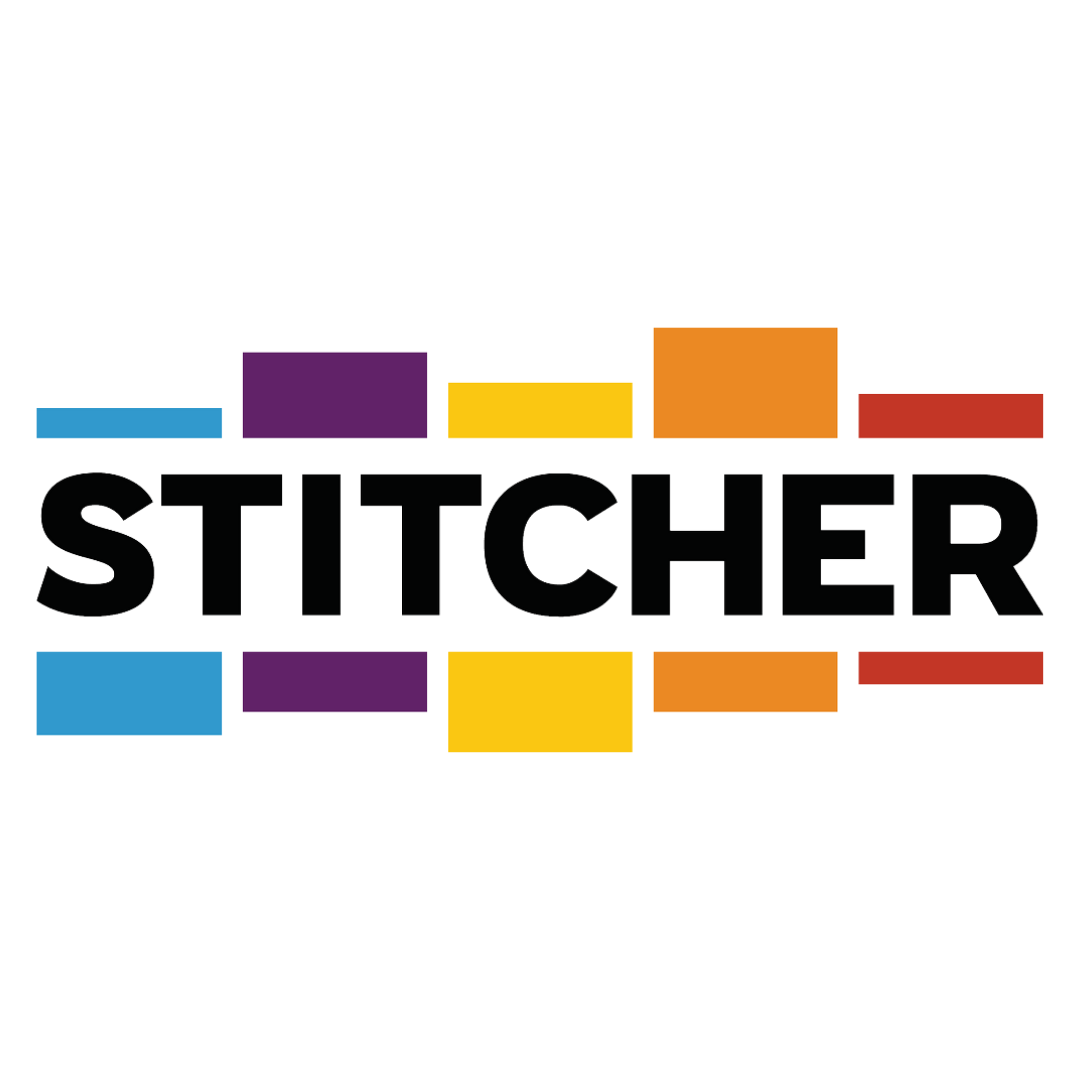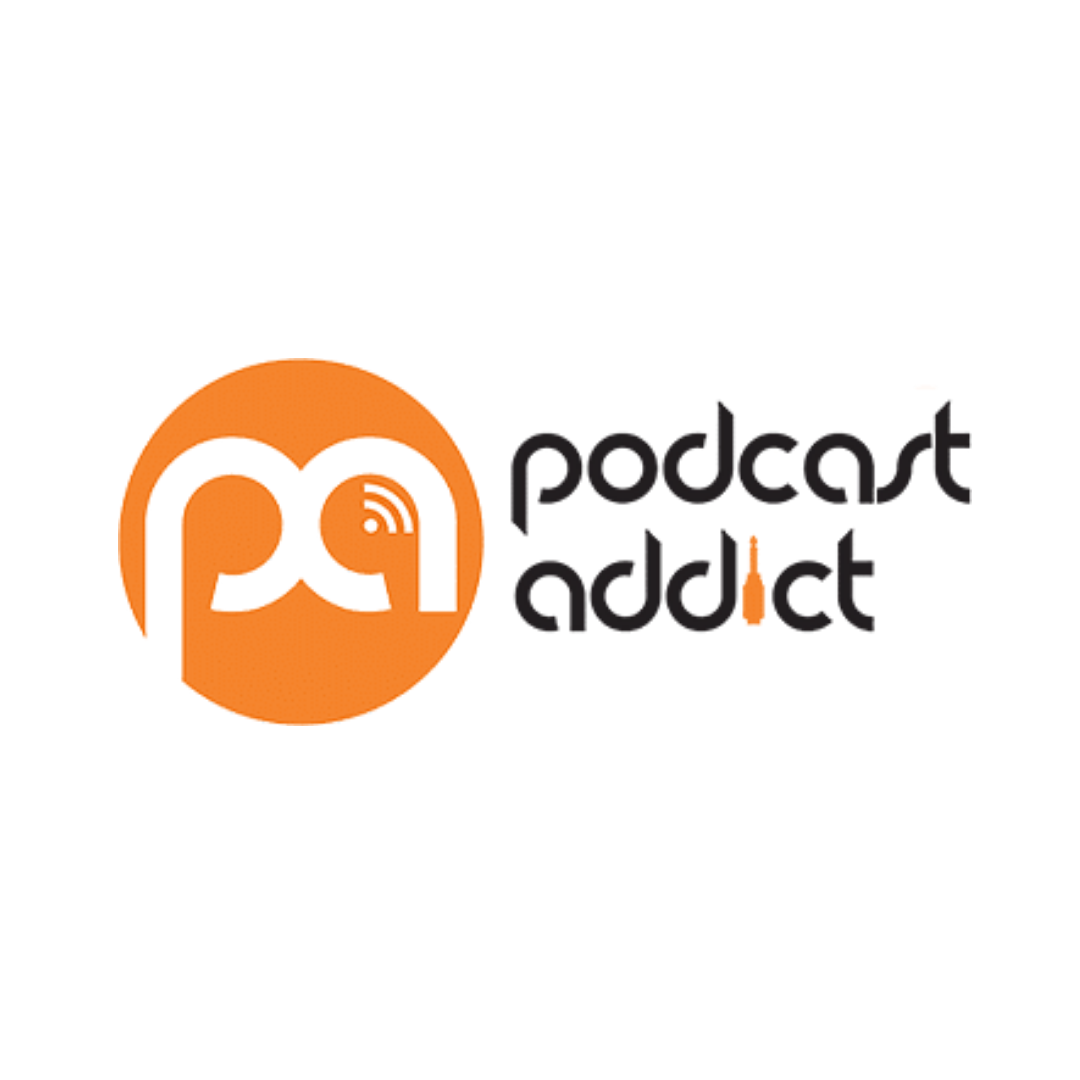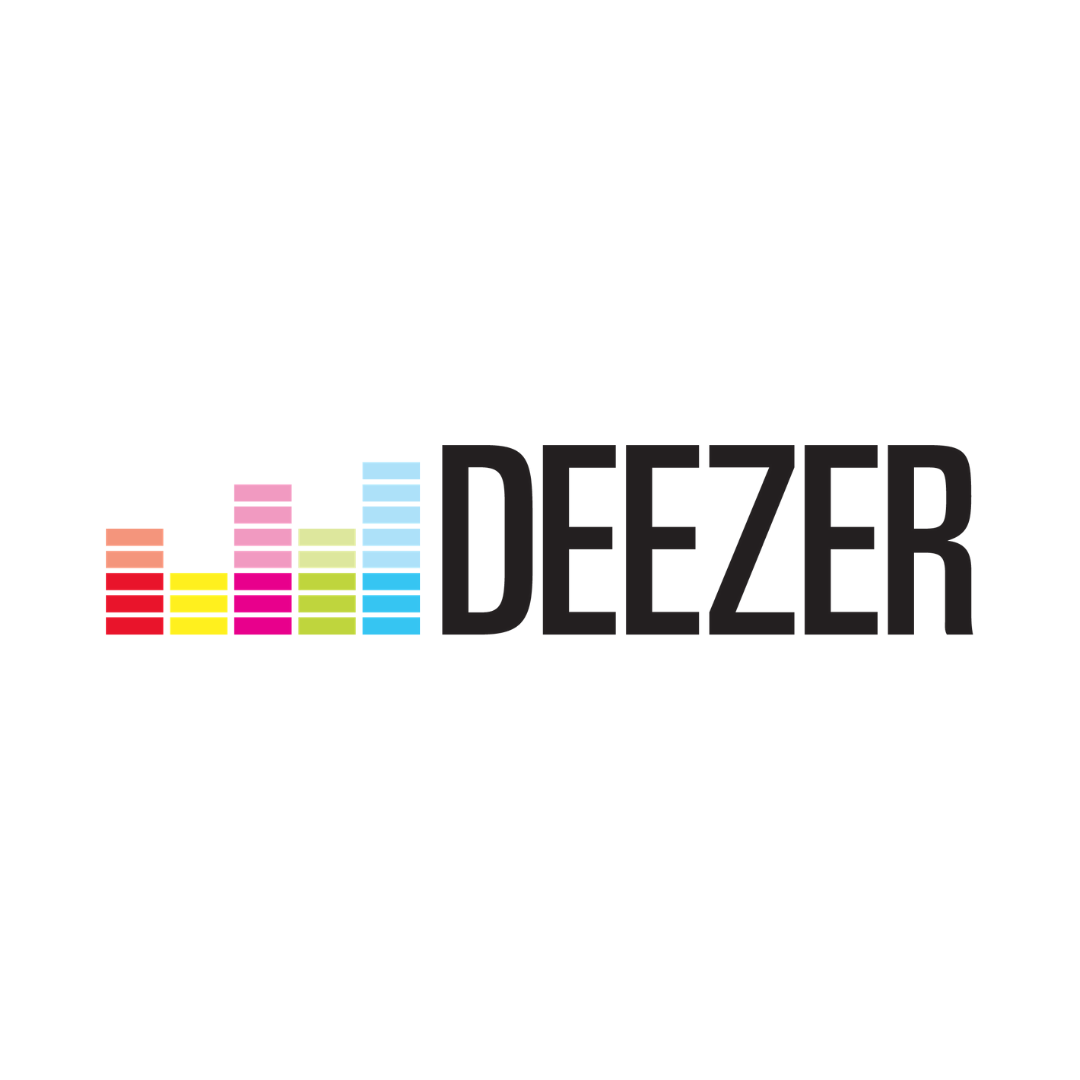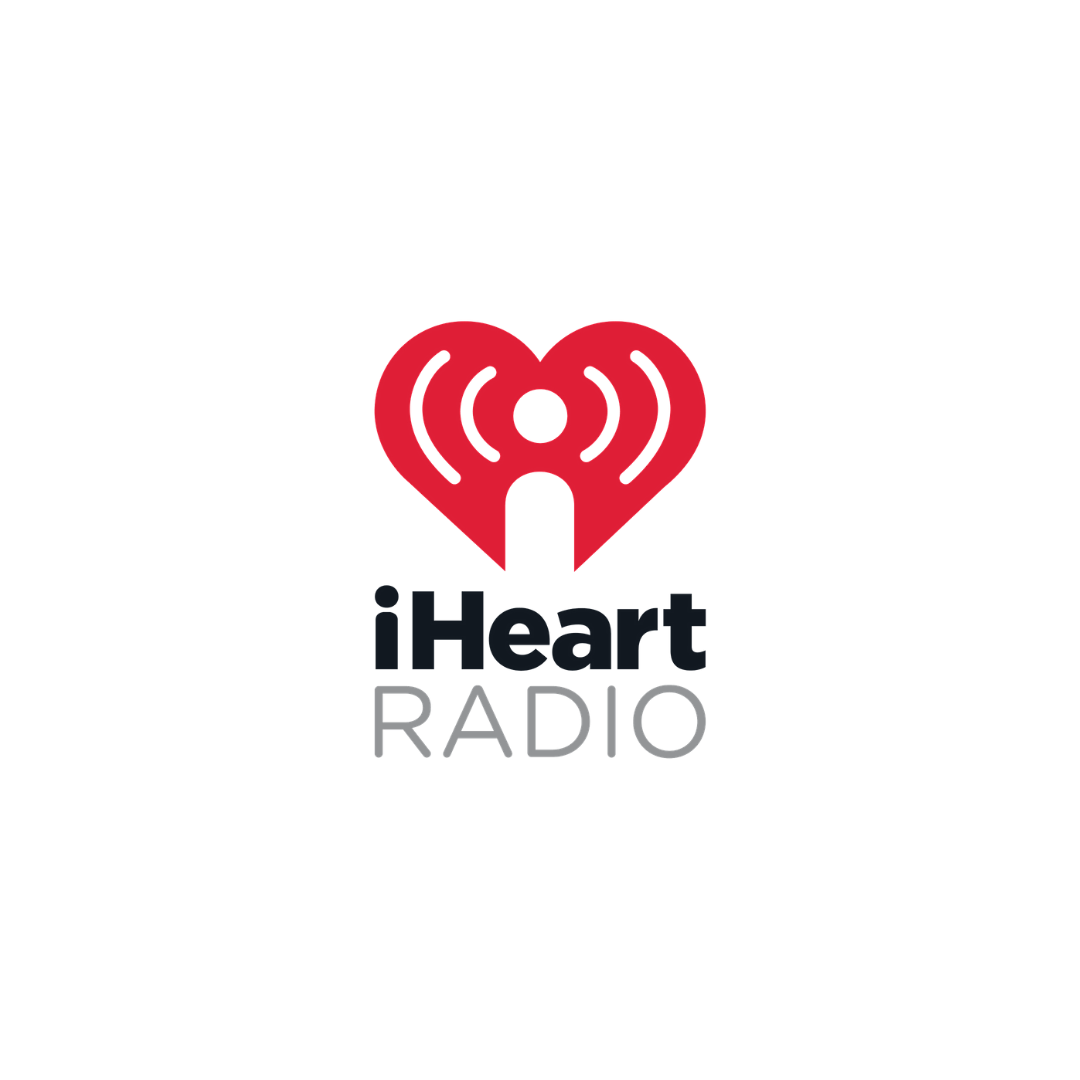Navigating Branding and Growth with Paul Fernandez
Join Our Newsletter
Introduction
In this episode of the Brand Tuned podcast, we welcome Paul Fernandez, CEO of The Growth Guys, to discuss the journey of starting and branding his growth marketing company during the pandemic.
Show Notes
In this episode of the Brand Tuned podcast, we welcome Paul Fernandez, CEO of The Growth Guys, to discuss the journey of starting and branding his growth marketing company during the pandemic. Paul shares insights from his past experiences, the challenges of defining and living up to a brand promise, and the importance of adapting branding strategies as a business evolves.
This episode shares an interesting point of view of branding through experiences including:
-
An Agency That Delivers Results
-
A Brand Is What Customers Tell You
-
Developing The Visual Identity
-
Creating A Team Culture
-
The Perspective on Branding Over Time
-
How The Market Perceives Your Brand
Website: The Growth Guys
LinkedIn: Paul Fernandez
Valuable Resources:
Transcript
Shireen: Hello, I'm delighted to welcome Paul Fernandez to the Brand Tuned podcast to discuss his branding experiences with me, Paul, welcome. Do please introduce yourself and your company before we get started.
Paul: Thanks. Sure. Yep. I'm Paul Fernandez. And I'm the CEO of the growth guys. We're a growth marketing outfit based out of the UK. And primarily, we help small to medium sized businesses, grow revenue users and digital assets.
Shireen: Okay, so when did you start your business?
Paul: Yeah, so we started in October 2019. Unofficially, and then officially, just after the pandemic started. So yeah, we've been we've been going a little while now. And it was, it's been a bit of a flying start, really, because obviously, with the pandemic we had every man and his dog every business wanting to move and utilize online platforms, in order to grow. So it was pretty good timing, actually.
Shireen: Okay, what were you doing before that? Have you had experience of being in business before? Or?
Paul: Yes, I've had a couple of little businesses that never really amounted to anything. Before being in business, I was in a rock and metal band, or a rock and metal band, touring the UK. And, yeah, we that was really enjoyable. But professionally, I guess if I can say that professionally, I was always in sort of sales and buyer roles. So I've I'm very much my role within the company is very much outward facing and sales orientated. Whereas my co founders very, very much the sort of technical and operational role.
Shireen: That's very nice. So what what did you decide when you initially set up the business? I mean, how did you choose the name? And how did you go about it? Or?
Paul: Yeah, it's a funny story, really, because we, I was kind of coming out of the out of full time employment at that time transitioning out of that. And I called Carl, we had a discussion about about going into business together. And we essentially perched up at a Starbucks not too far away from us, actually. And just said, right, what do we want to do? We hadn't we had an idea that we wanted to do some kind of digital marketing agency. But we wanted to sort of separate ourselves from the plethora of digital agencies that were out at the moment at the time. And so he said, like, what do we want to be known for? So we, you know, my co founder, Carl, he said, I'd really love to really love for us to be known as the guys have for growth. And I said, Well, that's what you're, that's what we should be called, then the growth guys. And within a couple of hours, we literally had our proposition, we had an idea of branding, we knew how we wanted to position ourselves in the market really. And ironically, it was to position ourselves on a slightly away from the market, be known for tangible results. I feel up until that point, a lot of agencies had not really been accountable for the return on investment that they were delivering or not delivering. So we wanted to essentially be be known as the the agency that was going to deliver your tangible results, whether it be user acquisition, revenue growth, or improving the functionality of your digital assets, which over time would increase the overall marketing efficiency.
Shireen: Okay, so you had enough experience to feel that you could deliver on a brand promise of that sort that people would get growth?
Paul: Yeah, absolutely. I mean, my my co founder, Carl, he had a he'd previously had a successful business, running a an E commerce clothing brand and scaled that to seven figures. And he learned a lot of the the nuances of the platforms in order to be able to grow that business. So he had the technical know how and the certainly the the marketing, nuances, he knew those to be able to be able to operate and deliver for clients. My marketing knowledge came purely self learn. So I had an idea of marketing. I knew what it was. But the fact is that I knew how to sell things. So I could create a proposition I could create a decent proposal for clients and I could They'll that to them. And I could understand what they needed, which gave me sort of that minimum viable service idea that I could go back to car with and go look, our clients, sorry, our potential clients are asking for these kinds of things, do we have the capacity to be able to do that? And it was just learning for the first couple of years, really.
Shireen: So you felt that this was a problem in the industry that people agencies weren't accountable for the results, and you wanted to be known for delivering results? Is that?
Paul: Yeah, that was certainly the idea. Really, I mean, obviously, there's agency agencies out there that are doing incredible work. But it was just our experiences with agencies in the past that had not delivered on that. And, you know, I'd seen that you spoke about something previously, where there's, there's multiple synonyms for, for brands, and it just seemed like agencies were kind of almost cowering away from doing the doing the hard work during the doing the good work that businesses actually need. And brand is incredibly important. But it was almost like they were using, using stuff like that to hide behind, not specifically with brand, but they were using certain certain platforms to hide behind. We just kind of wanted to bring ourselves into a little bit more of a position of vulnerability, really, and expose ourselves.
Shireen: So what is a brand in your opinion, you know, how would you define it? If you had to define it?
Paul: Yeah, a brand for me is what your customers tell you, you are. And it's and that can come from a place of how you talk, how you act. It's, it's very much about what you believe in the way you play. You know, everything really, it's it comes from action and words, I believe. I think it goes a little bit beyond the superficial sort of color palette and logos and taglines, it goes beyond that. It's more of an experience. It's how do you talk? How do you make people feel? And you know, I've always thought that a brand that do that, really, really well is Nike, you know, they're, you know, an apple, actually, to be fair, you know, there are brands that literally walk the walk and talk the talk, you know, they embody everything that they say they're doing. So a brand for me is much bigger is much more beyond the actual things that you can just see. It's, it's the feelings, the emotions. Yeah, that's a brand for me.
Shireen: So how did you go about creating it? I mean, you chose the name, did you get that checked out? Whether it was legally effective name, whether it was available? You know, how did you go about actually creating this brand?
Yeah, so I mean, in terms of the name, you know, it was just an idea in a coffee shop to begin with, but to actually check the legalities of it, we, we checked whether or not it was unique enough, you know, was there another business out there with that name, luckily, there wasn't. So, you know, fairly quickly, we registered the name, we registered the domain. And we started building from there, and in terms of the aesthetics that you can see, through our website, and you know, you know, things like using artistic avatars, for instance, in the beginning, that was all part of how we wanted to stand out, and was just do something a little bit different. And we wanted to embody, you know, because Carl was actually in the band, the rock and metal band that I was in a while ago. So we've known each other for years. And we've been a part of a team before if that makes sense. And we wanted to bring a little bit of that rock metal culture with us, you know, you know, the tattoos the we wanted to bring that with us really into what everything that we're doing and I believe even with the growth guys and you know, ventures beyond this, it's it we will always have that through line of our of our personalities that will partly shape the brand. Obviously, our brand is kind of, it's been shaped a little bit wider, based on the people that we've employed and the clients that we've worked with. So, you know, the brand for us is definitely a living, breathing thing that can be changed.
Shireen: How did you choose someone to help you to create the designs and the the whole look and feel of the brand?
Paul: Yeah, so in the beginning, we actually, we actually created it ourselves. Yeah, I mean, we bootstrapped we didn't have enough money to employ, uh, you know, a renowned branding agency or anything like that. But we do have branding freelancers that, you know, help us with guidance, you know, help guide us. But in the beginning, it was very much like, you know, this looks great.
Shireen: Your own logo?
Paul: Yeah, yeah. Well, funny, funny story around the logo as well, actually is that. And right at the beginning, we had, we had no budget, we had no real. We just had some some creative I creative eyes and a little bit of design skills. And it's funny because we came up with the circular logo with the name written within it. And then about a month or two later, BT released their logo, which was exactly the same. And it came out that they'd spent seven figures on it. So it was like, right, okay, so we've just done that for free, a little bit of time. And then they've released the logo, rebranded their logo, rebranded their whole business, and it's cost him seven figures, we kind of came up with the same concept. So it was a bit that was quite funny.
Shireen: And how did you choose your colors? I mean, on what criteria Did you base blue color choices.
Paul: We base them on standing out? You know, we we liked the idea of, so we have like a yellow gold, which the hex number for that is FOB for to see. And we have black, black, black, as in 000000, and a white, fairly simple color palette. So black and white, very monotone, but then with a splash of the yellow gold.
Shireen: And have you ever had a designer go over it and improve the logo? Are you still using the same logo that you created?
Paul: Yeah, we're still using the same logo we created. We obviously have iterations of it depending on where that logo is going to be placed. But we created our own rules around it, like how do we, how do we use that logo? How do we use this color palette? We recently changed our font types. Originally, we were using like a Montserrat type font. But now we're using more fancy fonts, both for header and body.
Shireen: What motivated the change?
Paul: Well, that was that was actually through a branding experience that we had with with a local agency. We went through a workshop with with the agency leader. And he took us through sort of very much around the the personality types, you know where you were, are you a caregiver, you those kinds of things. And what came out of it was a set of five personality types are sort of five sort of categories that we would fit within. And they created this this brand story for us. And we quite liked, where it came from actually in what it what it was saying. But it was based on the team that we had at the time. And the good thing that came out of that was the font setting, which was actually really quite nice and suited our brand quite quite well. Certainly better than the sort of the heart, Montserrat font, it was a little bit softer, a little bit more appealing, I think, actually at the time. And we're still using that now. But I think as the team changes, as we mature as a company, I think the branding may change in the future, in which we know that what we need to do it needs to be pretty pretty objective with a little bit of subjectivity. But how do you?
Shireen: So what what made you go to that workshop? What, you know, how did you discover it? Why did you feel the need for it, and so on?
Paul: Yeah, so the person that was delivering the workshop, I been to a couple of couple of his talks. I liked what he was saying, I'd like the methodology behind what he was doing and where it was coming from. And we decided that that would be a good thing for us. And he was testing out this workshop at the time as a paid proposition. So we paid for that as a delivery. And we quite enjoyed it. So we went further down the process with it, and then stopped at the actual sort of the actual sort of technical side but yeah, we we enjoyed that experience. But I think we would do a similar experience again in the future, to just provide a little more objectivity. Because I think as much as when it comes to branding, I think as much as you live and breathe your brand, and I think sometimes you do need a little bit of that. an outside perspective.
Shireen: Okay, so what sort of culture are you trying to create? Because you mentioned that you might change if the team grows. And so I'm curious about that. You know, did you make a conscious decision about the sort of culture you want to create?
Paul: Yeah, I mean, to be honest, we didn't lead with culture. You know, we never started out with with culture in mind, culture came around a little bit later. And when we actually thought about it in terms of the team that we were working with our clients, how do we actually want to be seen internally and externally. And we had this idea of, and it was, it was an idea I'd seen and I liked that idea. It was very much around meritocracy. You know, so it's, you know, we created our values from there. So, you know, be quick, be fast, and be helpful. So, you know, be quick to help others be quick to help our clients. And we created our values from there. So we have alignment days, in order to make sure that everyone is still aligned. So our culture is very much around meritocracy, but it's very much around internal alignment, and hard work and quick work as well. Without without compromising on quality.
Shireen: One problem I've found with sort of digital agencies is that the founder is often very competent and capable and good at selling the service, but then how they run the business might not be so good. So they might have team members who are just put in touch with, with you, there may not be so good. So how do you actually oversee what team members are feeling to make sure that they are delivering on your brand promise, if you like?
Paul: Yeah, definitely a problem we've encountered. Actually, I think we try to potentially step out of this sort of client delivery and work on the business maybe a little too early. So that's definitely a mistake that we've made before and is definitely impacted. client work in what we've done before. But we're, we're a small team, you know, we're a team of a team of five, with with additional freelancers outside for for ad hoc work. And we're very much all involved in the delivery. So my, my co founder now is very much head of the sort of client communications. So they get that touch point with with the founding team. And we have dilute our delivery team. So we have, we have a Google and search lead. And we have a social lead. And we and we currently have a lead generation lead as well. So but we're very much involved in terms of the the strategy that we that we were looking to employ and getting buy in from the client on that strategy. So as much as I might be the first touch point that a client has with our business, I'm still very much a part of their journey. intermittently.
Shireen: Yeah. So how much did you understand about the Watson wire brand? Back in the early days when you started? I mean, obviously, your co founder had grown a business. So how, how did how much did you know and understand? Did you do a lot of reading? I'm just curious, because brand isn't something that people necessarily just understand straight away?
Paul: Yeah, I'll be honest, I didn't really understand the complexities of brand to begin with. It was very, I was, I was in the shoes of probably 99% of the population. I thought brand was very much around the aesthetics of what people see. And the first impression that someone might get from from seeing you online or offline. I definitely didn't understand that. It was everything that you do. And I didn't really think about it academically, either. You know, from from people that have gone before me. So I didn't really understand at that time, unknowingly, as well. It wasn't something that was conscious to me about what what the brand was and how it played a part. It was very much around the aesthetics and how everything was set out on your stall, so to speak. But now we have a better idea, because we've worked with people we've you know, as part of our part of our client delivering we've had to work with branding agencies side by side and we've understood the work that they've done. We've understood that the the complexities in the work what actually goes into crafting a decent brand. But I think, you know, obviously, you know, just to sort of underline the whole thing really is that, you know, a brand is a living breathing thing for me, it's never a finished art, you never the finished article, it's something you're constantly improving upon, or iterating. Because, for me, the brand is very much about who you work with, telling you how their experiences with you. And you know, and I draw attention back to sort of like Nike and Apple really being a customer of both. You know, Apple was very much a for me, Apple was a group I wanted to be a part of. So it was that belonging that I wanted to feel, and feeling like I had a technical advantage. And very much around being a creative as well. Apple definitely spoke to me. Because it's like, right for me to be the best creative I can be, I need to be using Apple products. And I felt that I bought into it. And I literally use the whole apple ecosystem.
Shireen: So did you read books? And? Or did you just learn as you've worked with agencies in the light?
Paul: Yeah, very, very practically, I learned to be honest. Like I say, I haven't done an awful lot of extensive reading around brand. I have my opinions around it. But like I say, from an academic point of view, I've not really approached brand in that way. I've approached marketing from an academic point of view and brand is obviously definitely a part of that. But I think, yeah, I've not I've not really academically approached it in terms of reading about it. I mean, I've I learned through through visually, but I learned visually, generally. So I do watch a lot of videos, I look at what people have to say. So my learning is not really come from reading, it's more from watching and listening from from other people really?
Shireen: Do you have a tagline for your business?
Paul: We do? Yeah, we do. It's grow better than bigger.
Shireen: Grow better than bigger.
Paul: So that's been iterated a couple of times, actually, it was to begin with, we started out with immersive, immersive marketing, I think it was. And then it was grow better, not just bigger. And then it was just grow better than bigger. Because I started, I've started writing the book that will essentially support our methodology and processes. And it will be literally called grow better than bigger.
Shireen: So what, what do you not do? Because to grow? Obviously, you could provide all sorts of services, where do you draw the line between, for example, do you offer websites? And so what do you actually do and not to?
Paul: Yeah, so to begin with, we, we thought that we had to do everything possible, or at least find people to join the delivery team, to help them grow based on bespoke requirements. As we started to mature a little bit, we understood what our initial key skill set was. And that was digital advertising. But our whole entry into the market was around growth marketing. So and you know, people call it growth hacking, whatever, you know, that's fine. I call it growth marketing. And that's, and that's what I talked about. And essentially, we move between the thin line of acquisition, activation and retention of users and revenue. So it's, what do we have to do to acquire new customers. And we can do that through paid through paid media, we can do it through SEO, testing, content testing. And it's very much around this hypothesis of we need to test iterate and improve. And that that's the process that we go through. So and we we have to do that as quickly as we possibly can in order to understand what the growth levers are that we need to pull within the businesses marketing and online marketing specifically, we don't do offline. And that usually comes through paid advertising, email and content. So it's like how can we use the triumvirate of those services to to help grow businesses? And, you know, not all clients fit that bill. You know, we have worked primarily with E commerce and b2b tech. So those are the ones that tend to come to us needing what we offer. So we've never niched on industry we've niched on problem and solution.
Shireen: Right. Okay, so you don't offer something like SEO, if you decide someone needs SEO, you would outsource it to someone else? Or would you
Paul: We can do small scale SEO testing? Like within? If they need a Yeah. If they need, if they need a long, long relationship, if they need a long term solution for SEO, which it SEO is, yeah, then we have partners within the portfolio of companies that were a part of that can definitely offer that.
Shireen: Okay, and what's the future you hope? For? I mean, do you have an end to end plan in place?
Paul: Yeah, the growth guys, for me. And Carl is not necessarily to stay as a digital agency. In the background, we've very much been a sort of r&d room, you know, looking at solutions to help businesses grow better. And, you know, part of that has been, you know, coming up with solutions, to, you know, whether it be technical solutions, process solutions, essentially, we're looking at our clients through two scopes, really, we're looking at them through a marketing scope, but we're also looking at them from a, from a from a founder scope, like, what could I sorry, from an entrepreneurial scope, where we go, that could really solve your problem. I wonder if other people have that problem, too. So a part of what I do is I go away, and I almost sort of play entrepreneurial Football World Cup, where I'm like, coming up with loads of ideas that potentially could be, you know, a solution for businesses and writing them on a whiteboard. And going actually, no, that doesn't really solve the problem. Not many people are interested in that. And I go through that intermittently, as well. So there's, there's two sides of the growth, guys, we're very much an r&d engine room where we're coming up with solutions and thinking of, of entrepreneurial ventures. But there's the front end, which is definitely marketing. That's what is our bread and butter, that is what we deliver on. That is our focus, but we have the skills internally to be able to, to think about that.
Shireen: Great. Okay, well, that's very interesting. If you set up another business, would you use an agency to help you with your branding? Or?
Paul: Oh, yeah, definitely. Yeah, definitely. I think I think there's a an idea of how you want to be perceived, and, and how you want to be seen, and how you want people to feel. But I think sometimes it's getting, I think you can be too close to an idea. So if you put that into the hands of an expert, or if you put that into the hands of, you know, an agency, for instance, that that do this day in day out, then potentially they can come up with an idea that's better than yours. So, you know, or something that you've never even would have thought of, and you go out here quite like that, or no, definitely don't like that. That's definitely not where we want to go. And that gives them a starting block. I think it's hard for for branding agencies or branding experts to it's very much an iterative process, it's never going to be a, you know, hit it on the first run type thing.
Shireen: Yeah, I think it's very hard. However much we want to be associated in our, in people's minds with whatever it is, we can't control what they actually end up associating to our brands. I think that's really very interesting about branding is how do you measure how people are perceiving you and make sure that you do take the right actions to get the association's in people's mind that you want to? I mean, I think a small business needs to focus on one, one idea that they want to convey, you know, like delivery overnight, say for FedEx, overnight, you know, one, one concept, and then keep trying to drive that forward and everything they do, I guess, you've got growth as the concept, you know, you it's in your name as well.
Paul: So, yeah, I mean, growth as a growth as an overarching concept, but digital growth specifically. So it's, you know, it's how can we help businesses acquire more users grow their revenue and improve the functionality of their digital assets? That's our proposition.
Shireen: But why digital because a lot of marketing effectiveness could come from combining, you know, had everything together rather than just focusing on digital.
Paul: Yeah, I completely agree. I think definitely. We almost, you know it yeah. People do absolutely need an offline strategy if in certain circumstances. It's just not where our skill set is. Yeah, we have partners. And we have, you know, external suppliers that are great at offline branding, great offline delivery. And so and they can be definitely a part of the journey. It's just not what we would focus on. Digital is our is our skill set. Yeah.
Shireen: Great. Well, thank you very much indeed, Paul, for appearing on the podcast.
Thanks very much for having me. Speak to you.

